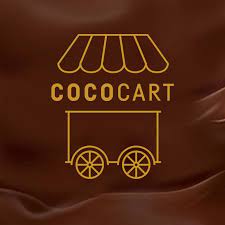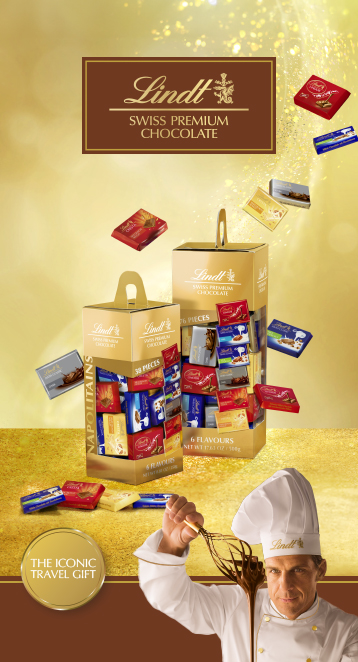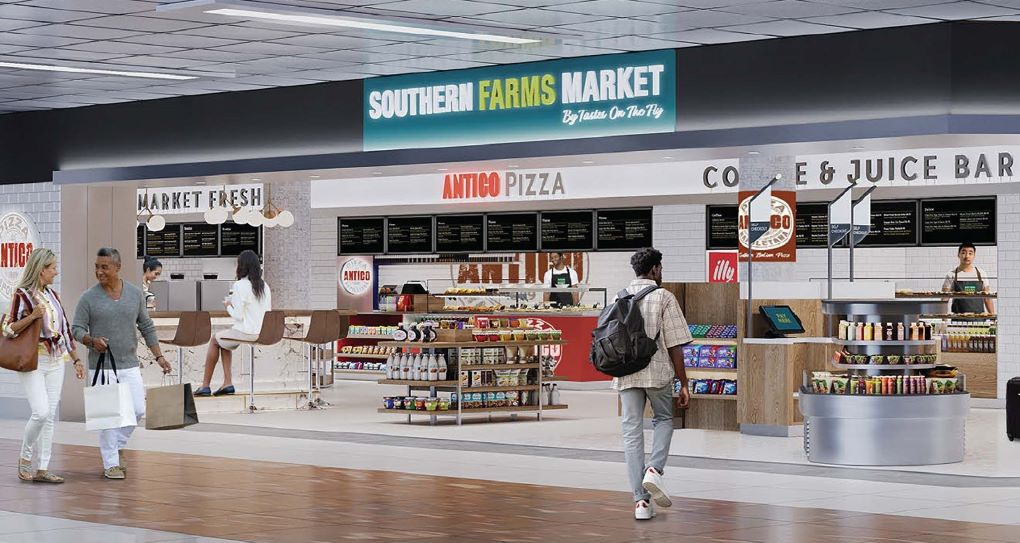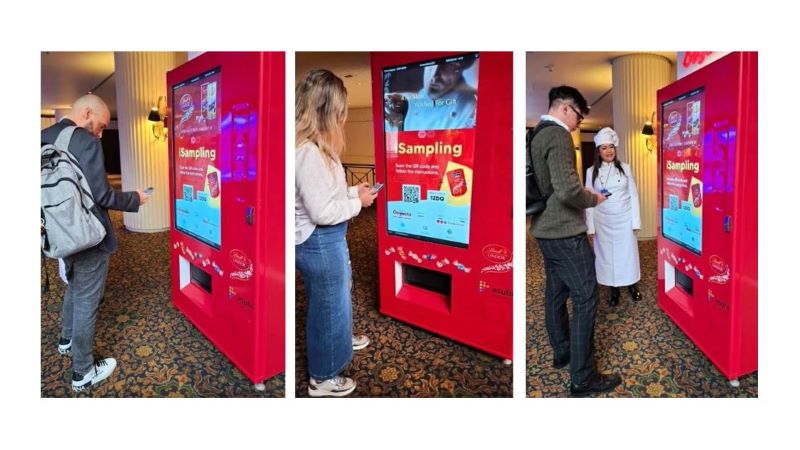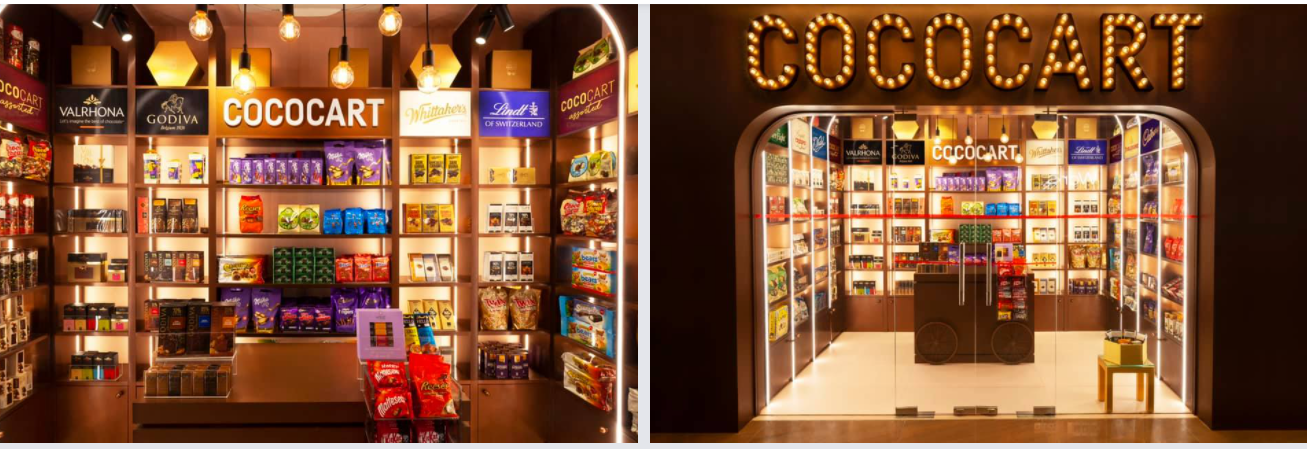
INDIA. CocoCart, a new omnichannel confectionery concept, is rapidly making its mark in travel retail in India.
The platform, which started as an online venture during the COVID-19 lockdowns in India last year, is the brainchild of Karan and Arjun Ahuja, sons of Flemingo Duty Free Founder Atul Ahuja.
Atul Ahuja noted problems associated with liquidating confectionery products when airports and stores remained closed and air-conditioning and suitable storage facilities were compromised.
He recalls: “My sons converted the adversity of COVID into an opportunity by launching CocoCart which has developed into an omnichannel brand. They liquidated the inventory by going online and have now started retailing international brands through airport and highway stores.”
| CocoCart claims the title as India’s #1 omnichannel retailer and official distributor of imported chocolates.
The brand, which went online in July 2020, now operates over 35 stores. Its ecommerce network has extended to ten cities (with deliveries made using cold storage containers to ensure chocolates reach consumers in top condition) and B2B distribution runs across 15 states. A flagship store in Mumbai houses some of the world’s top chocolate and confectionery brands. The adjacent CocoCafé is a luxury bistro with a menu curated by MasterChef India finalist Chef, Karishma Sakhrani. |
This young chain – a definitive family affair – is on a mission to be a one-stop shop to serve everyone’s chocolate cravings in India. The founders want #Cococart to be a household name, with travel retail a major part of its development plans.
Karan and Arjun Ahuja shared their CocoCart journey with The Moodie Davitt Report. As co-CEOs, they have shared responsibilities. Karan, who is Vice President Operations at Flemingo International, also oversees CocoCart’s online and digital developments, product selection, marketing and public relations and inventory management.
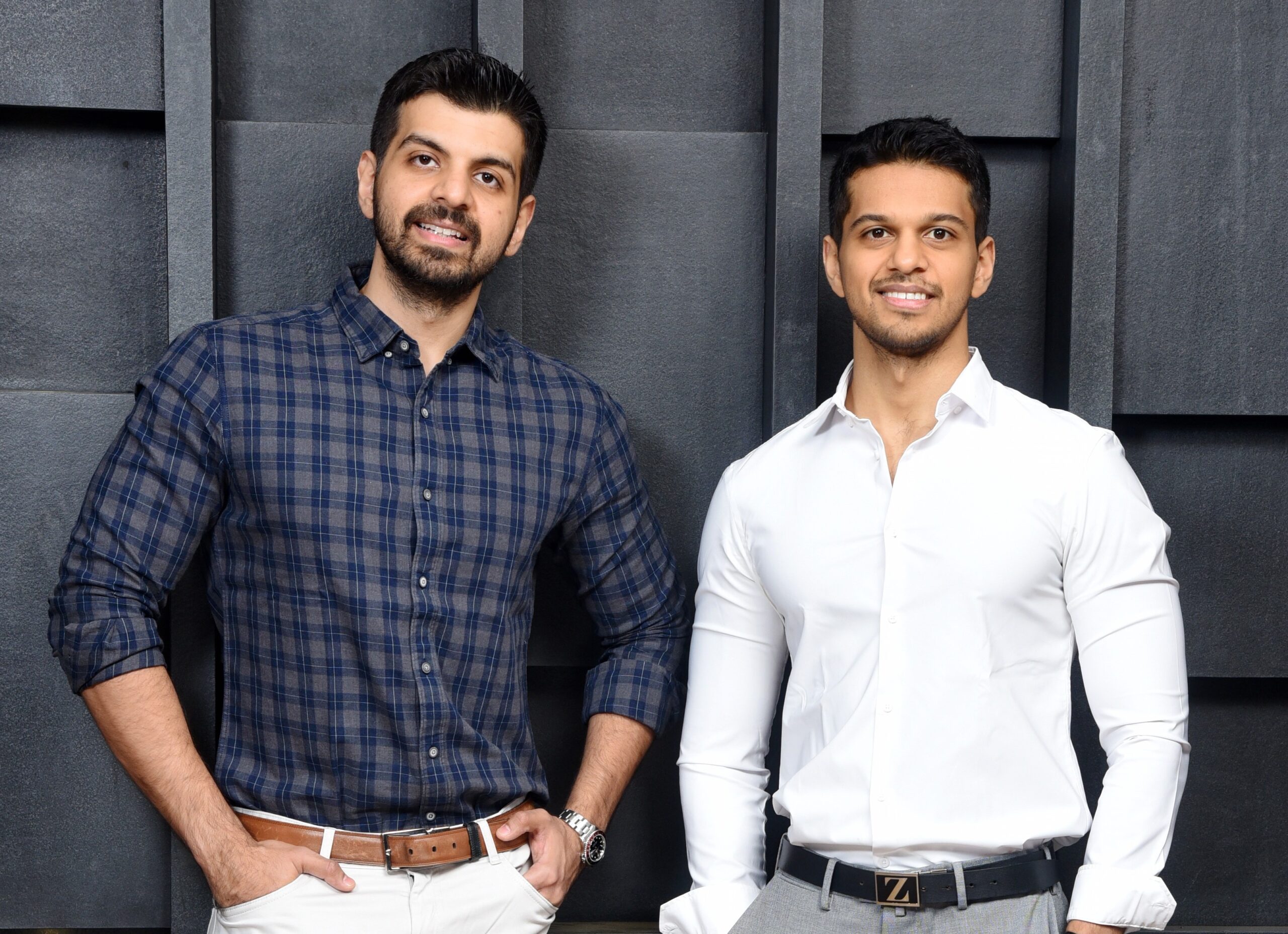
Arjun – Flemingo International Director and VP Business Development for over 12 years – directs the brick and mortar stores, warehousing, business development, finance and relationships with stakeholders.
Both emphasise the vital role CocoCart’s sister company Flemingo International – and its founder Atul Ahuja – has played in the evolution of the new venture. They note the company’s more than two decades of experience in selling imported confectionery, its keen understanding of the Indian consumer and strategic relationships with partner brands.
“CocoCart started when we realised the immensity of our chocolate consumption as a family. Repeated trips to grocery stores in the hunt for good-quality chocolate rarely yielded success, especially during the lockdown when travel came to a halt and buying from abroad remained a distant dream.
“The COVID pandemic brought to light that we have what it takes to tap the domestic market,” they explain.

CocoCart offers an impressive line-up of leading international brand names such as Lindt, Valrhona, Neuhaus, Godiva, Hershey’s, Mars, Nestlé, Ferrero, Ritter Sport and many more.
To date, CocoCart has opened over 35 stores in Mumbai, Bangalore, Delhi, Gurugram, Kolkata, Lucknow, Varanasi, Ahmedabad, Karjat and Khopoli, with sights set on further expansion into other cities across North and South India.
Online purchases are delivered in state-of-the-art cold storage containers across ten states in India, including Mumbai, Pune, Bangalore, Delhi, Noida, Gurugram, Ahmedabad, Kolkata, Chennai and Hyderabad. Country-wide delivery will be available soon, according to the brothers.
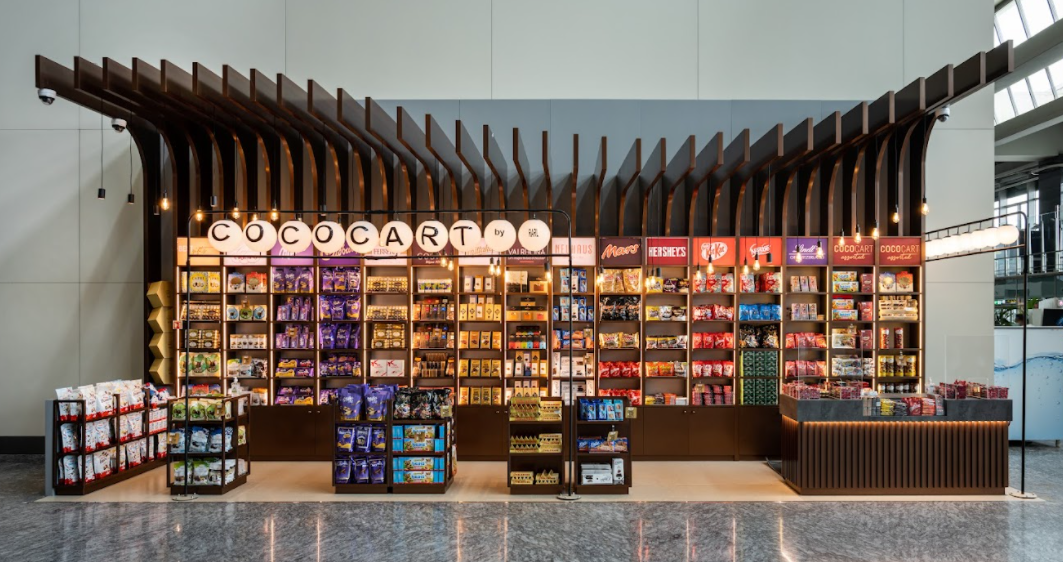
Since opening their first CocoCart at Kolkata Airport’s domestic terminal, Karan and Arjun have taken an aggressive approach to extending the CocoCart footprint in travel retail. Stores are already operating in airports in Mumbai, Bangalore, Cochin, Varanasi, Bengaluru, Ahmedabad, Lucknow and Kolkata, with plans to open in a further five domestic airports over the next six months.
Stores on the Mumbai/Pune and Karjat/Khopoli motorways mark the start of a CocoCart highway network.
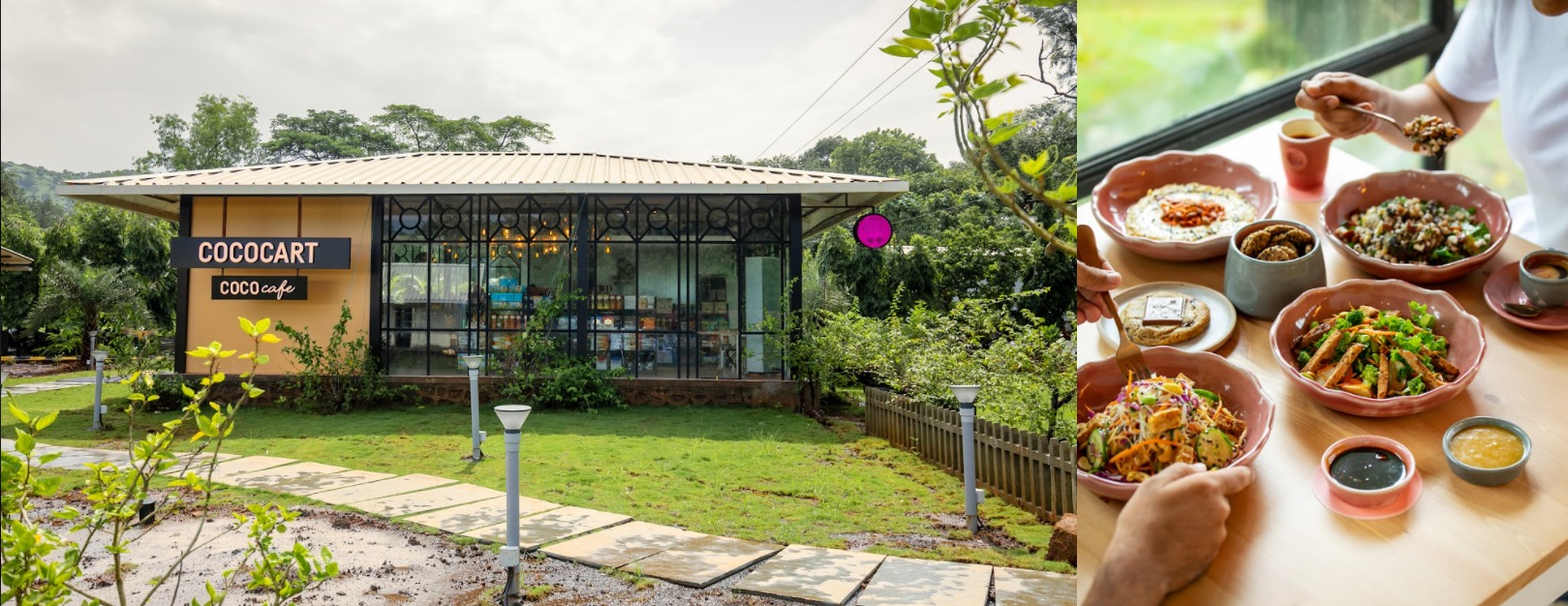
The CocoCart Co-Founders expect their stores to cater to over 200 million customers a year.
They estimate the worth of the Indian confectionery market at approximately US$5.5 billion, with imported brands still playing a comparatively minor role (approximately 10%) and with huge upside potential.

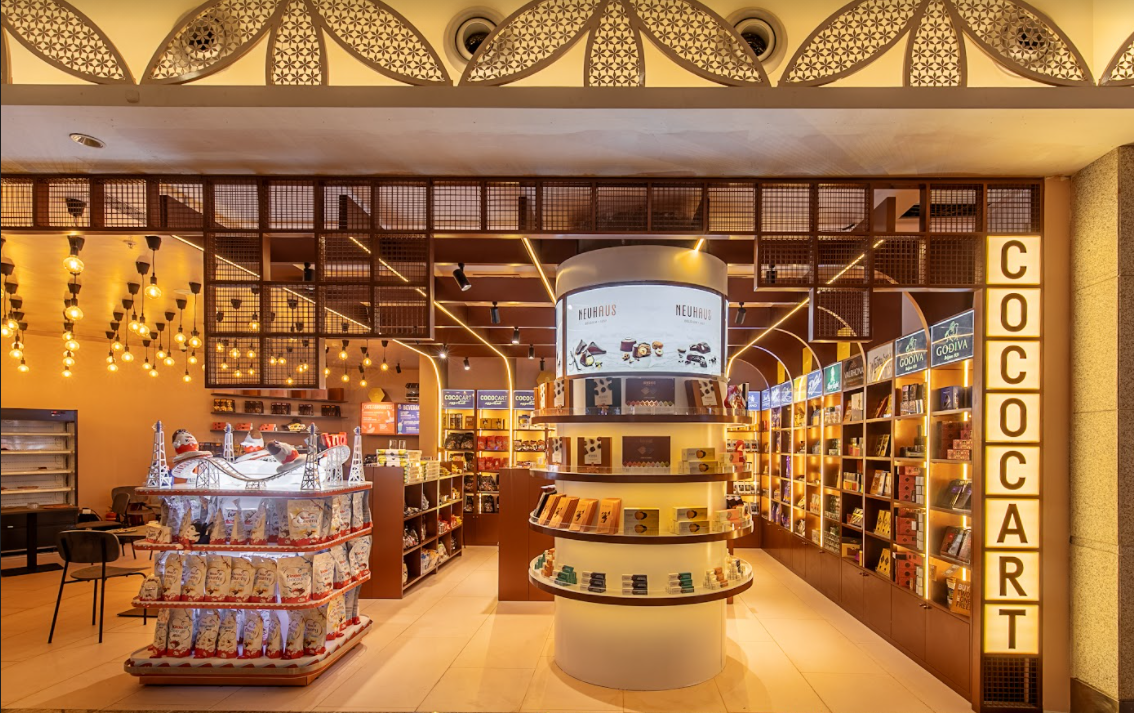
“COVID-19 gave us the time we needed to regroup and think of how even the smallest slice of that massive pie could possibly balloon into something beyond our imagination,” they comment.
Karan describes CocoCart as a “child of the quarantine”, a reference to the unexpected baby boom that happened during lockdown, but with a commercial twist.
“Time was a real gift in the lockdown, and we used it to examine our strategic advantages. Work on the website started early May and 20 July we went live. A few months later we had six cities under our belt, one brick and mortar store officially opened, with others scheduled for year end.”
Both brothers cite the division of responsibility within their family business as a key to its success. Karan’s wife, Avantika Ahuja, heads Marketing, and has taken on the public relations role while Arjun’s wife, Ayesha Ahuja, leads the Gifting vertical.
“My mother Payal Ahuja looks into our brick and mortar interiors, all whilst my father continues to mentor us,” Karan adds.
Q&A
What prompted the decision to move beyond e-commerce to brick-and-mortar stores?
“Chocolate is a very large impulse buy,” Karan replies. “Travel retail completely plays to that impulse when the airport pathway makes you to walk through our stores and has you tempted by shelf after shelf of marvellous confectionery on display. Rarely is the purchase one that is planned and measured.
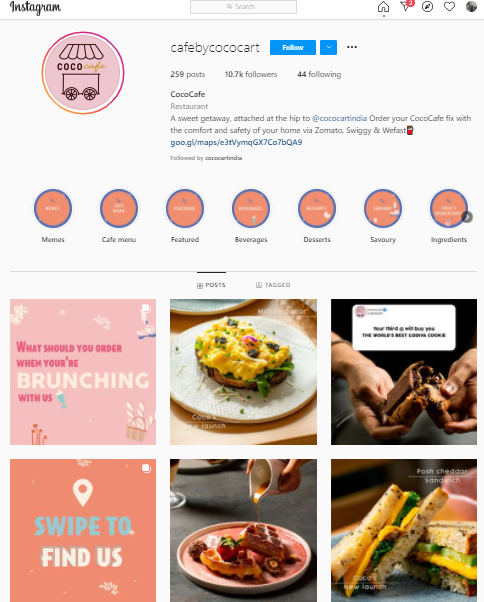
“Whilst Instagram and Facebook have helped take the place of the airport pathway by constantly pushing reminders of the world of confectionery a finger click away on our website, the fact of the matter is that brick and mortar still has its place in the heart of a chocolate lover. And what better than to have a place that serves as an ode to chocolate and all things sweet?”
Karan pointed out that his brother Arjun “has always been very passionate about brick and mortar”.
“When the website went live and we grew enthralled by the positive response it received, it was Arjun the visionary who realised how we could amplify our name with a presence both on the streets and on the web.
“The two then grow to feed each other symbiotically, with the ultimate goal of growing CocoCart into a household name.”
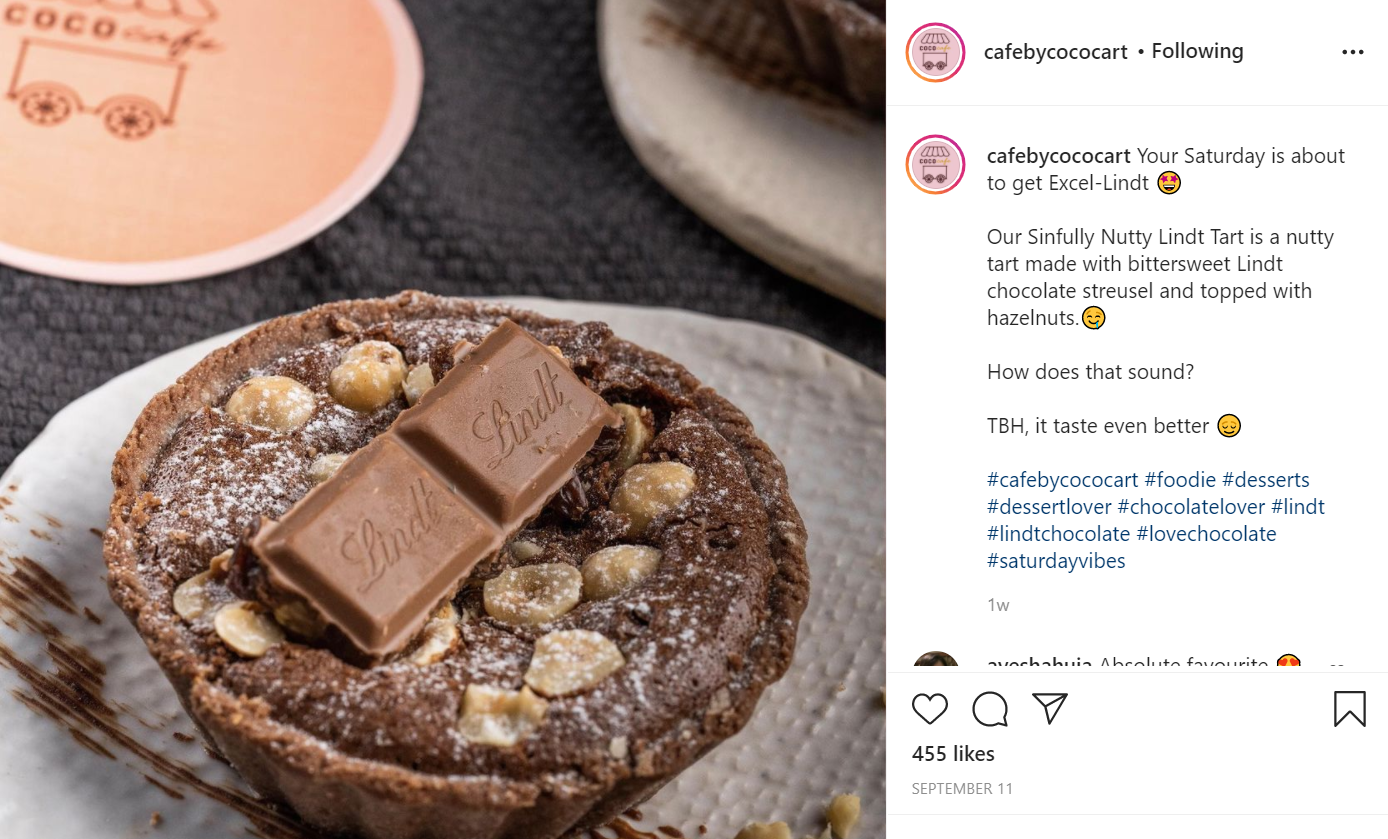
What is your long term vision for the brand?
“To be the ultimate marketplace for confectionery, with an enviable breadth of assortment. To be synonymous with confectionery in our country and to be ubiquitous across the length of our country and to be a household name,” replies Karan. “I want to build a community for people that love their chocolates.”
What is your take on the confectionery market in India today?
“I think the market is absolutely massive. 5.5 billion is no small feat, and yet the market potential is still absolutely nuts. India is still amongst the lowest per capita consumers of confectionery. That is due partly to lack of availability, exposure and a preference for Indian mithai [sweets].
“As development spreads across the country, access to confectionery will also grow and so too will disposable income. And we will be here for that transformation.”
How is CocoCart carving a niche in the hospitality and luxury segment?
“Simply put, we are a first of our kind. With an extensive range, unbeatable prices and unique gifting solutions, we are a one-stop shop for a good time.
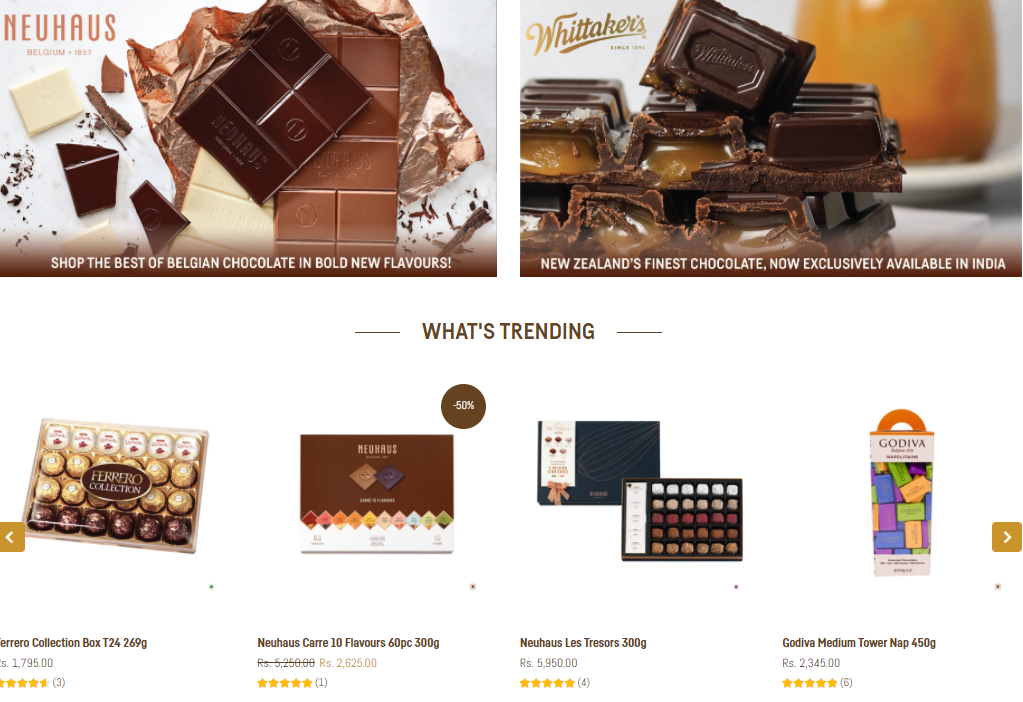
“We are constantly innovating and trying to find ways to draw customers in to shop with us online-and now even offline.”
And your target audience?
“Honestly, who isn’t our target audience? Our chocolates start at INR80 (US$1.10) and go all the way up to INR5,995 (US$81). There is a full world of needs being met between those two price brackets.
“When the craving hits, when it’s that time of the month, when you need a pick me up, when you really need to leave an impression, when you’re looking for the perfect gift – there are too many instances when chocolate is the answer.
“I suppose it begs the question, when is chocolate not the answer!”
Tell us about the CocoCart store layout and the thoughts behind its design
“The flagship store in Fort, Mumbai, is 1,500sq ft, with some 1,200sq ft devoted to the CocoCart chocolate haven. The 300sq ft CocoCafé is a small bistro with a well-curated menu and a dedicated grab and go section filled with chocolate favourites.
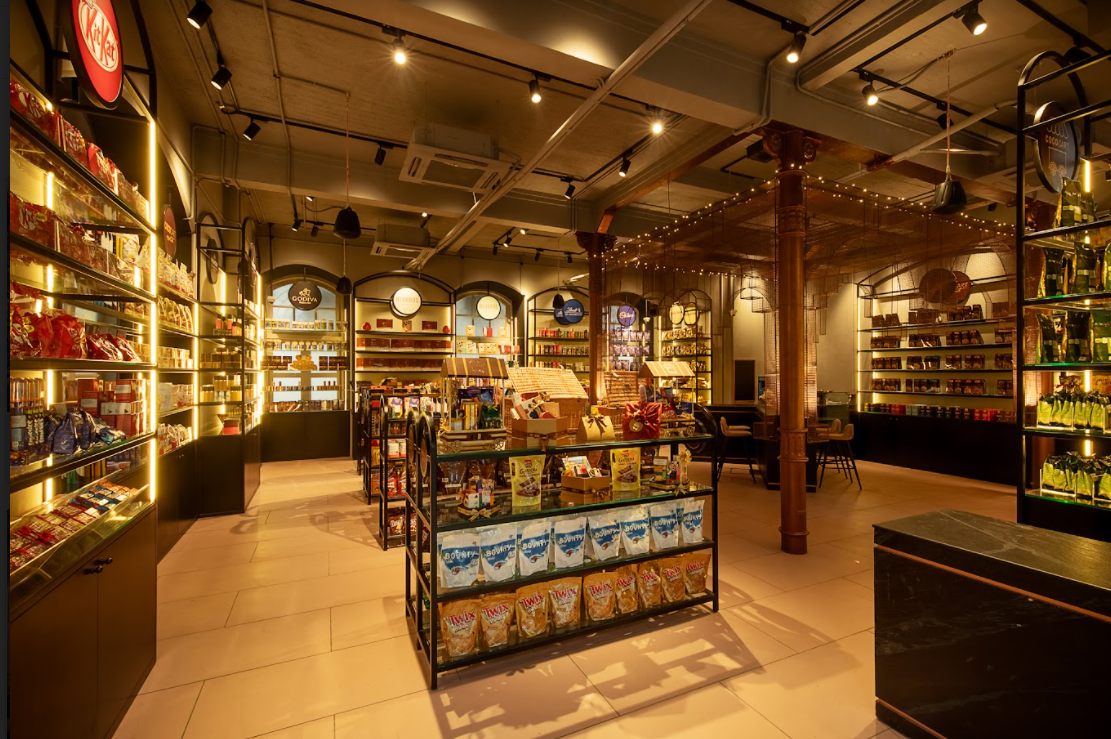
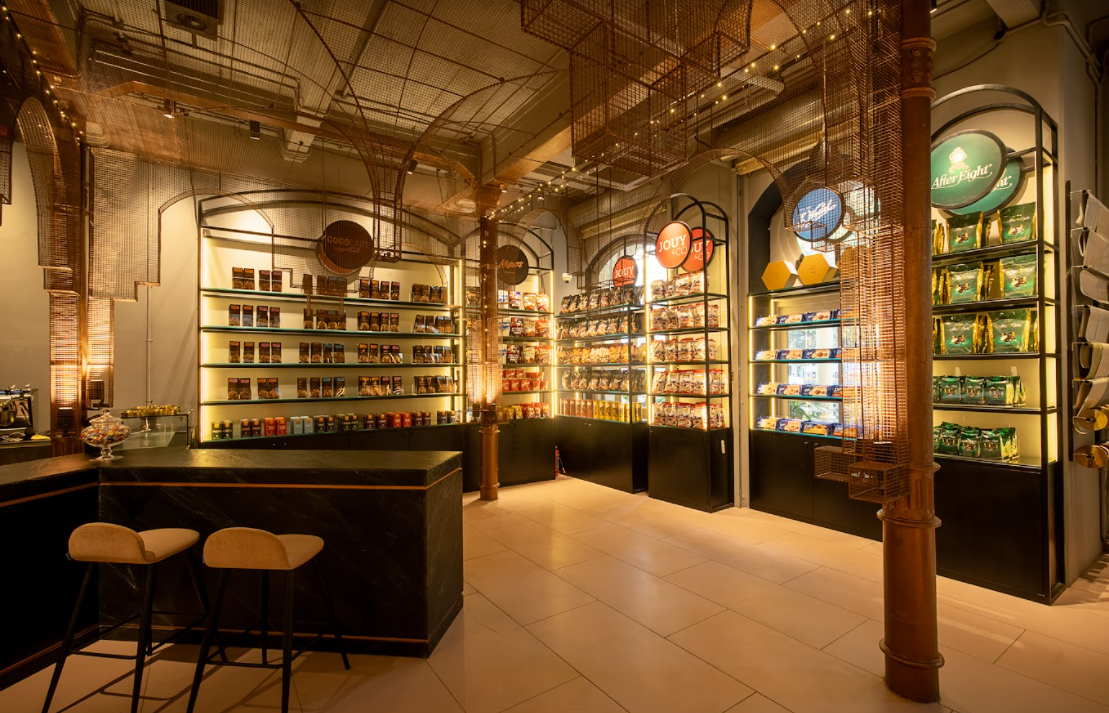
“The CocoCafé menu features specialty cakes, bespoke desserts inspired from the chocolate brands stocked, thick shakes and plenty of savoury options. Some must-try sweet indulgences include Godiva cookies that are served warm, with a hunky square of Godiva and a crack of sea salt for good measure. Valrhona Dome brings you the richness of Valrhona dark chocolate paired with a fresh kick of raspberry and then there is ‘Daim-that’s-a-good-tart’. The name does this one justice as it truly is! All desserts are made using 100% Valrhona chocolate, a first for India.
“Signature savoury dishes include a creamy, classic hummus topped with peri-peri spiced super seeds; an avocado toast dotted with a goat cheese mousse and hazelnut dukkah, and a mushroom cappuccino, which is a mushroom bisque crowned with a truffle foam and dusting of dehydrated olive powder.”
Such sweet temptations have clearly struck a sweet note with a large and growing Indian consumer base. The child of the quarantine is already growing up fast.




